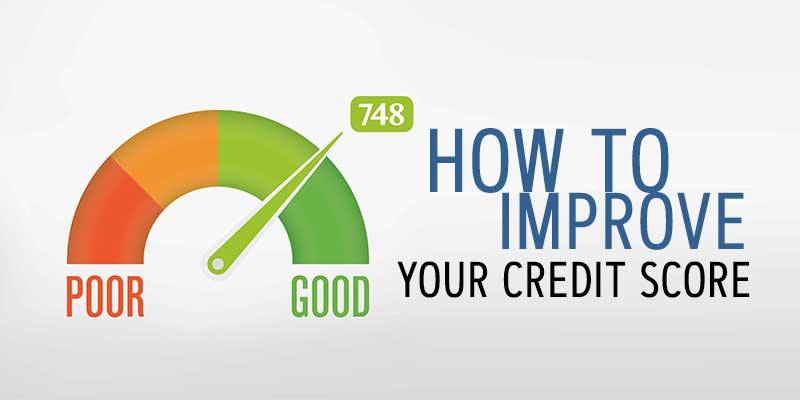Three Practical Methods to Boost Your Credit Score
Improving your credit score is a must if you want to get a loan, a house, car or anything major. Do not worry, you are not alone in the struggle. Millions of Americans struggle with keeping their scores high or simply raising it. I myself had 780 at one time and was close to reaching 800 but covid hit and the debt piled up and before I knew it, my score had dropped to 550. This was painful to see.
However, you can still improve your score. My score is currently around 670 and I am slowly raising it back up with responsible credit usage. I will tell you about three practical methods to boost your credit score. Anyone can do it and if you follow what I write here today, in a few months, you will notice a difference.
Table of Contents
1. Pay Your Bills on Time
This might seem like a common sense thing but not many people follow this rule. Paying bills on time is crucial for a good score. On time payments is one of the factors that credit bureau look at when deciding your score. In addition, financial institutions will look at this factor too. They will want to know their money will be repaid on time, every time.
To ensure you never miss a payment, consider setting up automatic payments or reminders. By consistently paying your bills on time, you demonstrate your ability to manage your financial responsibilities and build a positive credit history. Another benefit to on time payments and auto payments is sometimes the owner of the load will give you a discount. For example, both my internet bill and car insurance bill provide me with a discount simply because I have auto payment enabled. You could be saving that money each month.
Avoid paying the minimum balance, as this will hurt you in the long-term. It will add unnecessary interest to your loans that you could be saving over the life of the loan. A $5,000 loan could cost you thousands in interest.
2. Reduce Your Credit Utilization Ratio
Your credit utilization ratio, which measures the amount of credit you are utilizing compared to your total available credit, plays a significant role in determining your credit score. It is advisable to keep your usage down to 30% or less but I suggest 20%. You want to avoid being at the 30% mark as it is easy to go over and if an emergency should arise, it cost jump your usage to 50% or higher.
I highly suggest you avoid maxing out your cards and paying off what you spend. Using your cards is a good way to build credit and cash back if your card allows that. However, I must stress that living beyond your means can ruin you financially. Please pay what you spend. If you spend $1,000 that month, have the money to repay that. This will help keep your score high and rising.
By reducing your credit utilization ratio, you send a positive signal to creditors and improve your credit worthiness.
3. Regularly Check Your Credit Reports
You should monitor your credit reports at least once a month. I check mine monthly to see what is affecting my score and if it went up or down. This is one of the ways I was able to go up 100 points in a year and start the journey of repairing my credit score. I check all three bureaus monthly and I would suggest using the actually bureaus themselves to get your score from. You can use sites like credit karma too but the bureaus will have a more accurate number.
There are three ways to obtain your credit report. As I mentioned above, you can use a third party site to do it, but you can also sign up with the bureaus themselves to get your reports. I have the app for those and that is how I check. The third way you can view your credit report is to ask for a paper copy of the report form the bureaus. These are free to obtain and I you can receive a free copy once a month.
Make sure you review your credit report thoroughly. Verify your name is spelled correct, verify each loan or credit card on your account is yours and make sure your address is up to date. If you discover any errors, promptly dispute them with the respective credit bureau. Regularly checking your credit reports allows you to address any issues and maintain an accurate credit profile.
Conclusion
In conclusion, improving your credit score requires patience and consistent effort. By paying your bills on time, reducing your credit utilization ratio, and regularly checking your credit reports, you can take proactive steps towards enhancing your creditworthiness. Remember, improving your credit takes time, so be persistent and stay committed to your financial goals. Start implementing these methods today and set yourself on the path to a brighter financial future.
